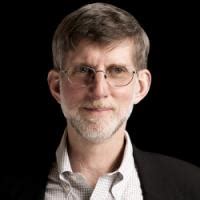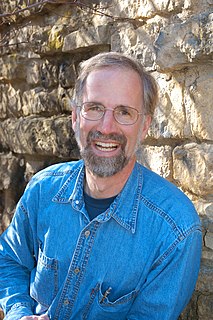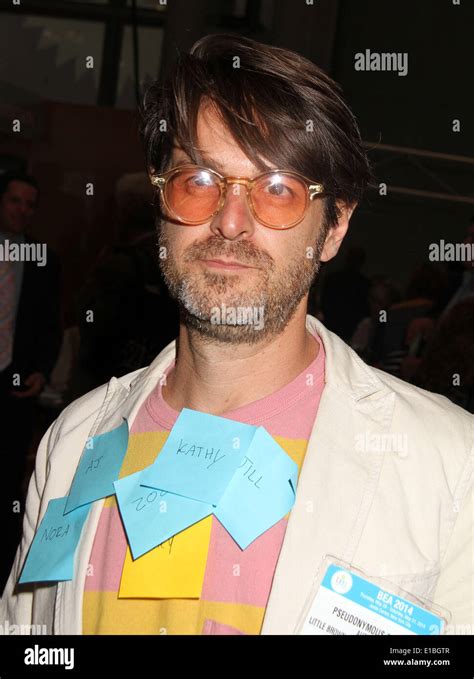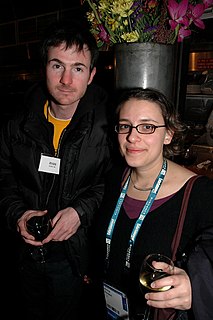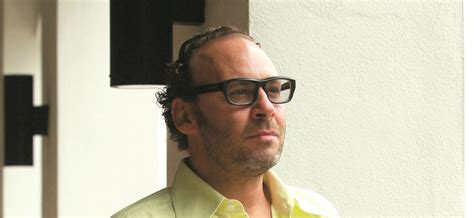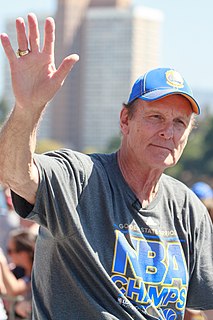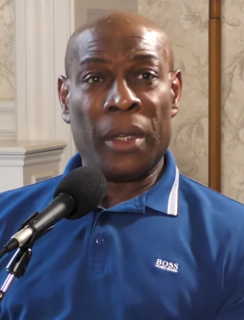A Quote by Dietrich Bonhoeffer
It is the nature, and the advantage, of strong people that they can raise the crucial questions and form a clear opinion about them.
Related Quotes
Biblical social scientists have an advantage because they know truths about human nature. Those who dismiss the Bible and create surveys that don't measure crucial factors are the ones who have closed minds. Sometimes the Bible gives us clear answers and sometimes it doesn't, but it always helps us to ask the right questions.
It would seem to me... an offense against nature, for us to come on the same scene endowed as we are with the curiosity, filled to overbrimming as we are with questions, and naturally talented as we are for the asking of clear questions, and then for us to do nothing about, or worse, to try to suppress the questions.
At a time when threats to the physical environment have never been greater, it may be tempting to believe that people need to be mounting the barricades rather than asking abstract questions about the human place in nature. Yet without confronting such questions, it will be hard to know which barricades to mount, and harder still to persuade large numbers of people to mount them with us. To protect the nature that is all around us, we must think long and hard about the nature we carry inside our heads.
One dictionary defines denouement as "a final part in which everything is made clear and no questions or surprises remain." By that definition, it is exactly the wrong word to describe this chapter. This chapter will make nothing clear; it will raise many questions; and it may even contain a surprise or two. But I say we call it the denouement anyway because the words sounds so sophisticated and French.
We need the political will, and that often comes from the will of the people. So if celebrities or personalities can help to educate the people - not influence them, not tell them (what to do) - just tell them the truth about what's happening and let them form their own opinion, that will strengthen them and they will push their politicians.
The right wing can use anything, and we have to make it very clear and I make it very clear that my love for the president in terms of protecting him and respecting him but also correcting, now all three of those are crucial, and if I can do all three, then the right wing can use it whatever they want, and I'm just clear where I stand, over against them but also critical when the president leans toward the strong, rather than the weak.
Why did the consensus of Christian churches not only accept these astonishing views but establish them as the only true form of Christian doctrine? . . . these religious debates - questions of the nature of God, or of Christ - simultaneously bear social and political implications that are crucial to the development of Christianity as an institutional religion. In simplest terms, ideas which bear implications contrary to that development come to be labeled as 'heresy'; ideas which implicitly support it become 'orthodox.'

